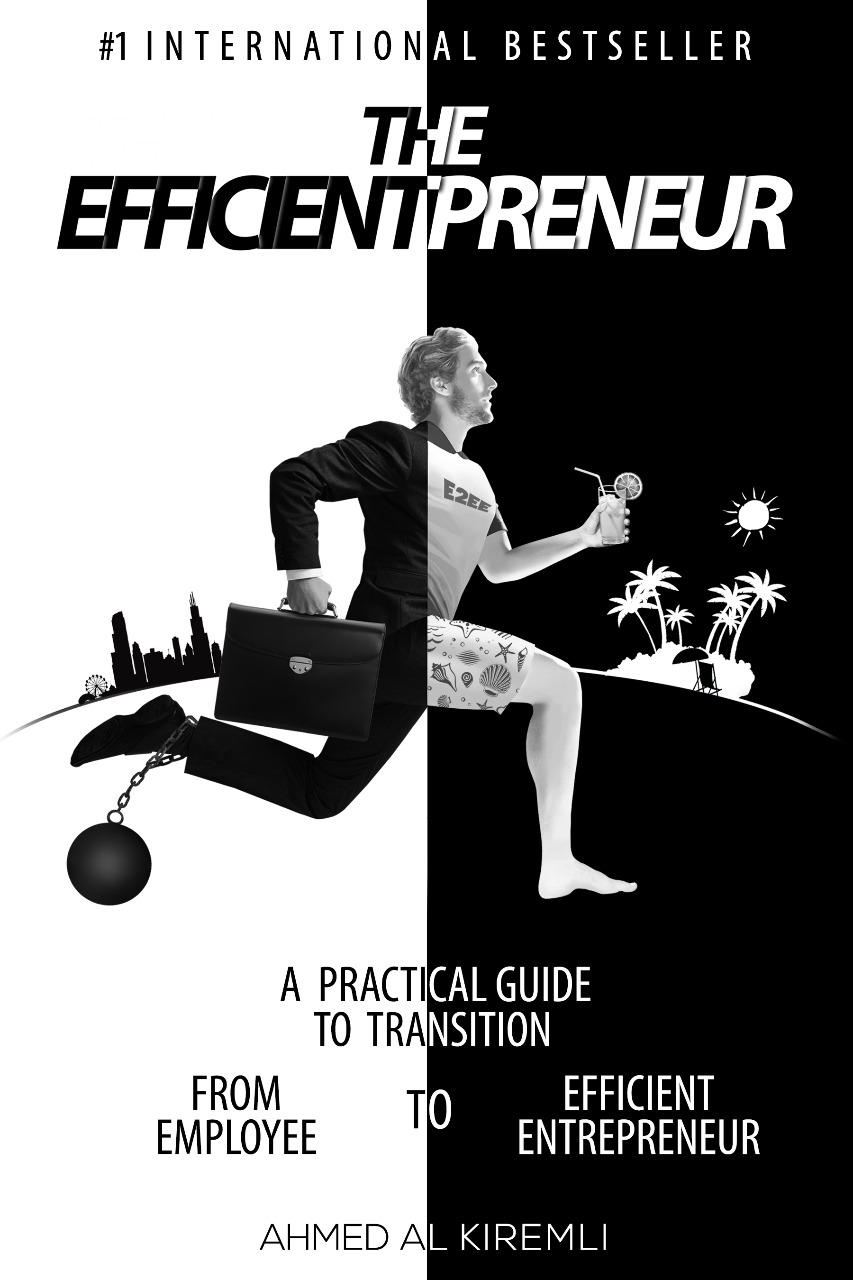fSwati Khanna
(A Corporate & Commercial Lawyer with Focus on Startups and The Owner / Managing Director of Arcturus Advisors)
What’s the Solution for the Local Sponsor in the UAE as by Law he or she is a 51% Share Holder in the company? What happens to my Bank Account if I Die in the UAE if I’m a Muslim or non-Muslim?
What’s the difference between an establishment and LLC company, What are the Types of Free Zone Areas in Dubai, How much it Cost to Open your Company in A Free Zone Area, In Shore or Off Shore? What are the Legalities for having an E-Commerce Business in Dubai
Video Interview
With English and Arabic Subtitle
Audio
Bio
Swati Khanna is the founder of Arcturus Advisors, a Dubai-based legal advisory firm which has clients ranging from multinational corporations to SMEs and individuals. Raised in the UAE, Swati has 15 years of legal experience in the country, in sectors including corporate law, commercial law, employment law, wills and inheritance, and company set up and structuring.
A few seconds into a first meeting with Swati Khanna and you’ll realise she’s no ordinary lawyer. For starters, she’s certainly not grey (in fact, she’s extremely colourful – just look at her business card). She’s funny – a trait not normally associated with the legal profession – personable, likeable and, importantly, extremely knowledgeable in the field of contract and business law.
Her friends say that drama follows Swati wherever she goes. It’s true. She could’ve quite easily ended up on the stage and you’ll often find her belting out the tunes in a karaoke lounge. But, since the tender age of five, law has been Swati’s first love.
From the universities of London and Queensland, to the law firms and multi-national companies of Dubai, Swati has a wealth of experience. On the day she made the decision to set up Arcturus Aduvisors, Swati had received three partnership offers – catalysts that made her realise ‘Hey, I can take the lead here and do it my way.’ While that decision back in January 2011 was quick, it’s certainly not one she’s regretted.
A movie-going, thriller-reading chocoholic, Swati is a firm believer in the importance of relationships. If partners, or clients and lawyers, like each other and connect with each other, then they’re going to work well together. Swati knows what she is talking about, and she is also easy to talk to, which is why many small and medium businesses and one-man operations find her so supportive and approachable (instead of intimidating, aloof and expensive). Today, Swati is proud to deal with a growing database of clients, many who come back to her time and again. “There’s no better compliment that a client who returns”, says Swati. “That really validates my service”.
Arcturus Advisors was established to take advantage of a niche in the Dubai market, which has remained largely unexploited. Small and Medium Enterprises (SMEs) make up the biggest share of the economic landscape in Dubai and the United Arab Emirates. These businesses have growing legal needs, which are not catered to in a realistic manner.
The concept of the Company is to provide cost effective legal and business services, to SMEs and individuals in particular. The difference will lie in the way the Company interacts with its clients, aiming to be accessible and offer a personal touch.
Websites & Social Media Links
https://www.linkedin.com/in/swatigkhanna
https://www.facebook.com/swati.khanna.581
Interview Questions
- Why you decided to choose Dubai to practice law and left London Australia behind you?
- What’s your educational background?
- What’s the difference between an establishment and LLC company in UAE? Are there any other forms of entities in Dubai that we should know about?
- How many free zone areas are available in the UAE, what are the differences and which one you recommend? How much each one of them costs plus the legal services?
- Which entity or solution that we should use in case that we want to easily distribute shares to different partners or investors for a new startup company?
- The structure of the LLC companies in the UAE, the local sponsor owns 51% and the other partners own 49%, if the local sponsor is only a sponsor and not partner in the company how the other partners can protect their 51% share?
- What will happen to the share of LLC partner in case he/she disappear, how to protect that by clause in the contract?
- Why the side contracts or private contracts can’t be authenticated at the notary office?
- What’s the meaning and benefits of an offshore company? And how to set it up?
- What’s the meaning of a Trust?
- What kind of Legalities for an e-commerce business in Dubai/UAE
- What kind of legal documents/disclaimers/policies apply to websites aimed to the UAE market?
- When you submit a case to the court it in the UAE it has to be in Arabic? Is that mean that each non Arabic speaking lawyer has to employ Arabic lawyers to go to the court? Means the non-Arabic speaking lawyer will act only as consultant or advisors to their clients and can shape the written draft of the case only?
- For the employees law, is it right that the government forces the companies to use a standard contract and allow to add some extra terms but still they control these extra terms?
- Is the contract between two or more private parties in the UAE has to have 2 witnesses?
- Is it true that you can’t hire a female PRO in Dubai?
- What happens to my bank account if I die in the UAE whether I’m a Muslim or non-Muslim?
- For a small company how much do you charge for your risk assessment services?
- Do you accept cases in all the emirates in the UAE?
- How much is your charges per hour? Or per Contract?
- If you don’t charge per hour then how does it work, we need to have a meeting, discuss the case with you and then you decide if you will take the case and quote the client and cost of the your services?
- How to sign the right legal contract with a lawyer, example the announcement case?
- What’s the difference between limited and unlimited labor contracts? Pro and cons for the employer and employees?
- What are the different types of bans that the employees get when they leave their employers?
- How the employees insurance law works in the UAE?
- Why some businesses are connected with the labor office and others connected with immigration, example employees in the hospitality industry specifically hotels they don’t have a labor card?
- How to get a residency visa in the UAE?
- Question from Ridha Mohammed, If I enter into a partnership company and I knew later that the company has past debts then I’m responsible for these old debits as partner?
- Tell us more about your other projects that you are currently working on or planning for the future?
- Take us through your typical working day?
- What are your other hobbies?
- If you are just starting today in your field, from where you will start and what are you going to focus on to be more successful?
- 3 things that you believe are the most important factors for any success?
- What are the Top 3 apps that you use on your smart phone?
- What are the habits that you are trying to develop to stay efficient?
- What are your top 3 favorite books?
- What are the top 3 people that you are inspired by?
- What are the things that make you happy?
- How can people contact you?


